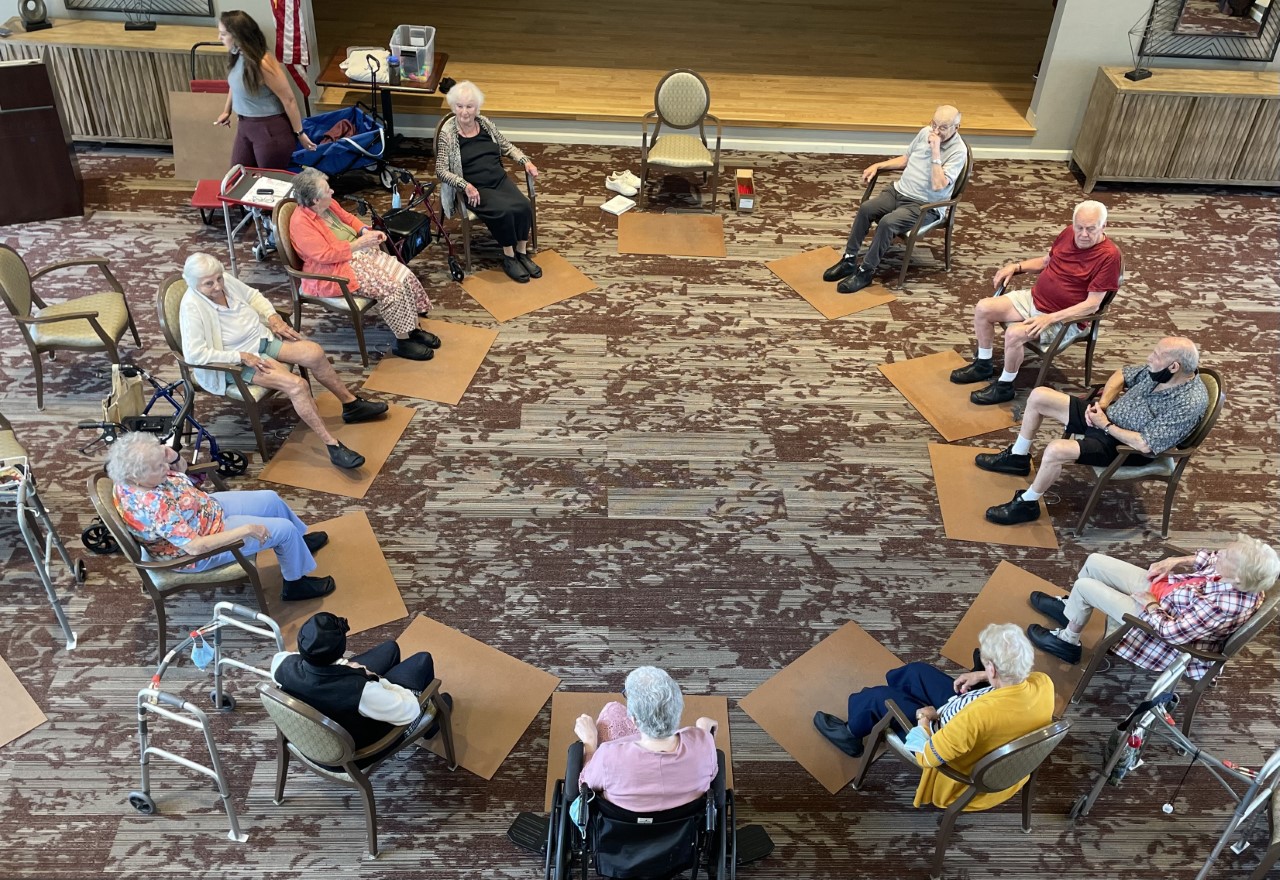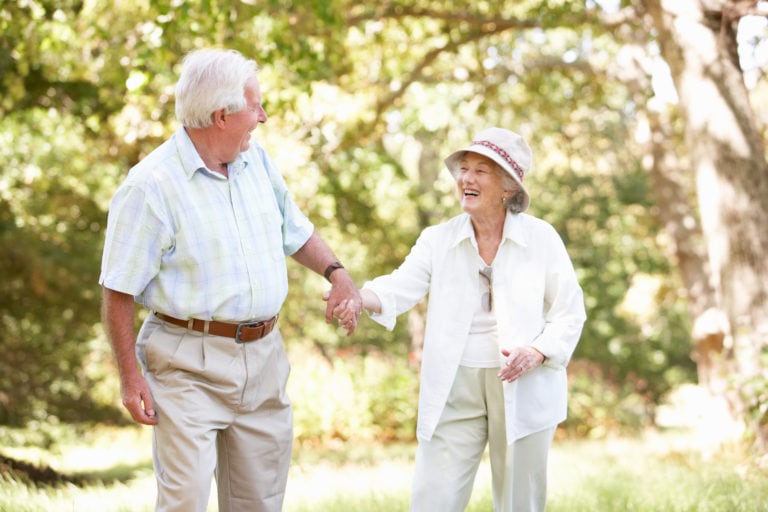COVID-19 has interrupted our more normal, everyday lives and routines. With this disruption comes changes to the mind and body. One of the most important bodily functions needing a healthy routine is our sleep.
Sleeping well positively affects our mental and physical health; without proper sleep, our energy, productivity levels, and emotions can be in disarray.
Seniors and Sleep
Seniors are much more likely to experience sleep issues for a variety of reasons:
- Changes in sleep patterns are part of the normal aging process. (re: normal aging)
- The chance of developing sleep disorders increases with age (i.e.,insomnia, sleep apnea, restless leg syndrome).
- Change in circadian rhythms occur, affecting sleep-wake cycles.
- An increase in snoring which leads to disruptive sleep is common.
- Some medications cause sleep difficulty.
Sleep Deprivation
Without enough sleep, the body and mind will start to experience sleep deprivation in numerous ways:
- Drowsiness
- Inability to concentrate
- Impaired memory
- Reduced physical strength
- A diminished immune system and the ability to fight off infections
- Increased risk for mental health disorders (i.e., depression)
- Increased risk for stroke, heart disease, and asthma attacks
- Hallucinations
- Mood swings
How to Sleep Better

Professionals recommend that most adults, regardless of their age, should sleep anywhere from 7 to 9 hours per night.
How do you achieve this much sleep and consistently? By following the general principles below:
-
Manage your exposure to light each day.
Light exposure helps regulate sleeping and waking cycles and shifts circadian rhythms. By exposing yourself to bright sunlight in the morning, spending more time outdoors during the day, and avoiding bright screens and light one to two hours before going to bed, your body will naturally start to wake up and become sleepy more regularly. Make sure to pull your window curtains back in the morning, have windows open during your day and spend some time outside when you can. Avoid watching television and looking at your phone or computer before bedtime.
-
Try to set a consistent bedtime and wake time each day.
Being consistent with when you sleep and wake will help your body get into its natural sleep-wake cycle. This will help you be more energized during the day and contributes to a better sleep quality at night.
-
Make your bedroom a good environment for sleeping.
Make sure your bedroom is free of external noises and lights—these can disrupt the body’s natural cycle and the circadian rhythms. Try to keep your room cooler, at about 65 degrees. Most importantly, make sure your bed is comfortable for you—have enough blankets, a few pillows, and anything else that might comfort you.
-
Be mindful about what you consume in the evening.
Make sure to monitor your caffeine intake throughout the day. While a cup of coffee or tea can be a great beverage in the morning, too much caffeine can disrupt your ability to sleep at night. In addition, eating too late and consuming alcohol late can also affect your sleep cycle—your body will still be digesting a meal when eaten too late and alcohol can interrupt the natural sleep cycle.

-
Create a relaxing evening routine.
Whether it’s taking a shower or bath, reading, or listening to soft music, creating a regular routine that helps you relax will tell your body it’s time to sleep.
-
Exercise and be active during the day.
Regularly exercising each day can increase your energy levels during the day and,consequently, help you sleep better at night. Consistent exercise can also help the body avoid sleep disorders such as sleep apnea and insomnia.
For everyone, including seniors, sleep is crucial for a healthy body and mind. This will remain a fact whether we return to our pre-pandemic daily lives with time or need to adjust how we operate going forward.




